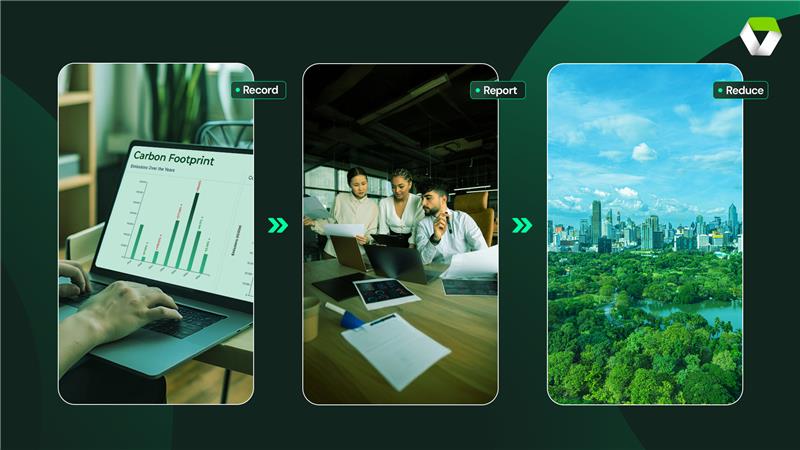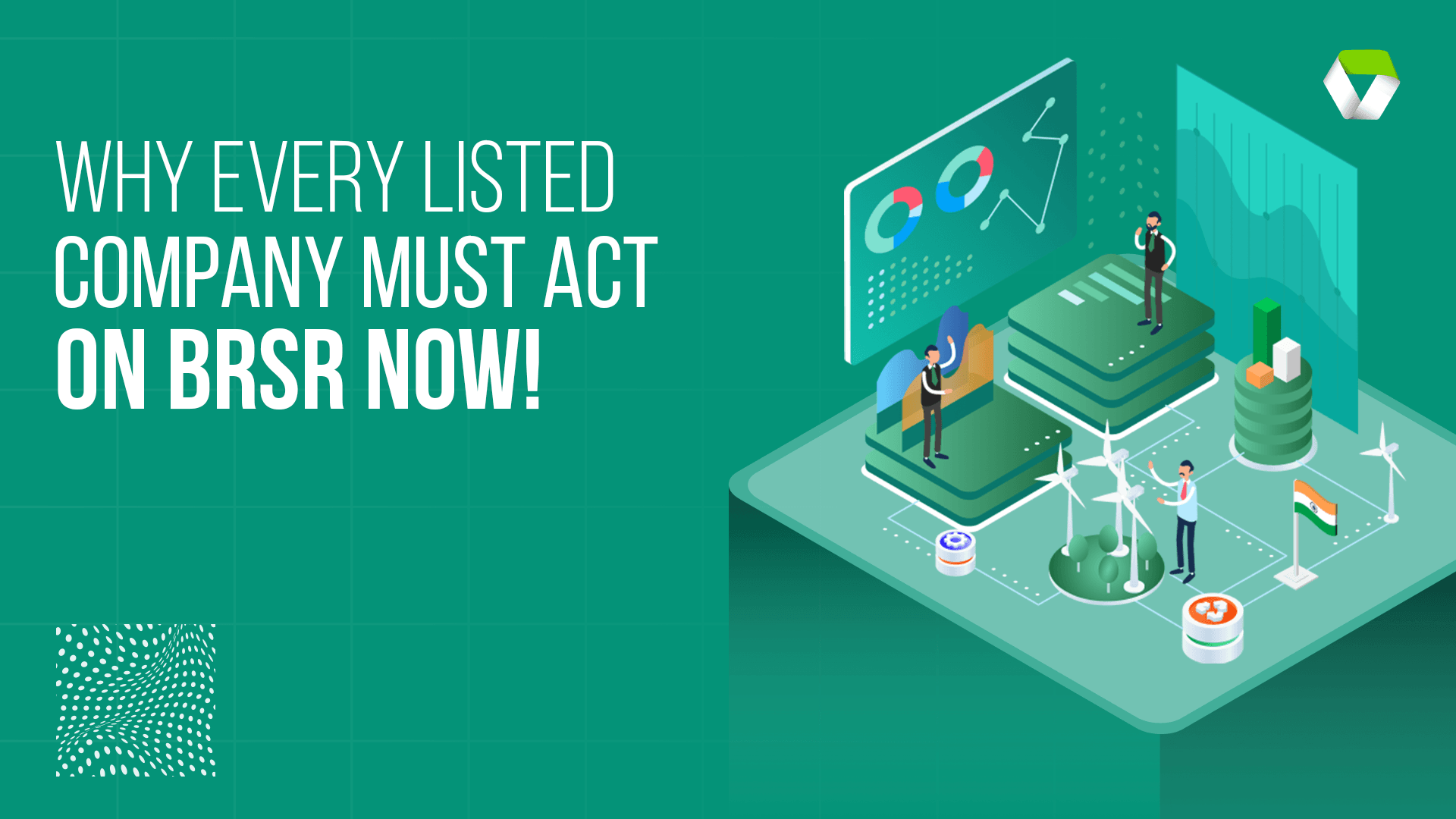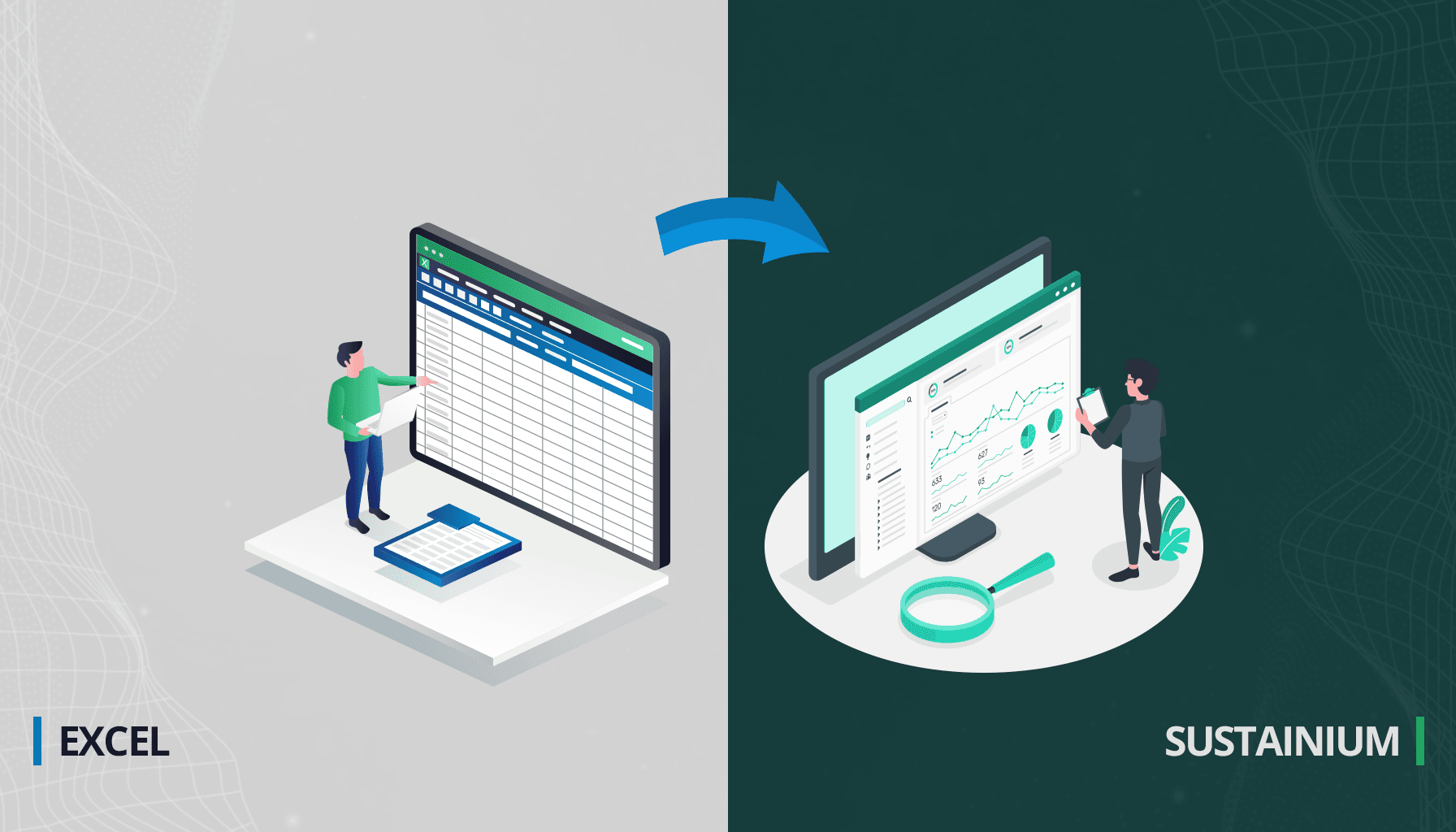Navigating the Green Wave: How the Regulatory Landscape is Driving the Adoption of Carbon Accounting Software

In the fast-evolving world of business, environmental responsibility is no longer just a moral imperative but a legal requirement. As global awareness of climate change intensifies, governments and regulatory bodies worldwide are tightening their grip on carbon emissions reporting. In this blog post, we'll explore how the shifting regulatory landscape is propelling businesses to adopt carbon accounting software to not only comply with regulations but to thrive in a sustainable future.
1. The Rise of Emissions Regulations: A Global Phenomenon
Around the world, governments are implementing stringent regulations aimed at curbing carbon emissions. Whether it's the European Union's Carbon Border Adjustment Mechanism (CBAM), the United States' Clean Energy Standard, or other regional initiatives, businesses are under increasing pressure to accurately measure, report, and reduce their greenhouse gas emissions.
2. The Mandatory Reporting Mandate: A Game-Changer for Businesses
Many jurisdictions are making carbon emissions reporting mandatory for businesses of all sizes. This shift forces companies to move beyond voluntary sustainability efforts and adopt robust carbon accounting practices to meet legal obligations. Failure to comply not only risks penalties but can also tarnish a company's reputation in an era where environmental accountability is under intense scrutiny.
3. The Role of Carbon Accounting Software in Compliance
Enterprises grappling with the complexities of emissions reporting are turning to advanced carbon accounting software to streamline compliance efforts. These tools not only automate data collection but also offer real-time insights, making it easier for businesses to stay ahead of regulatory requirements and submit accurate reports.
4. From Compliance to Competitive Advantage
While regulatory compliance is the primary driver, savvy businesses are realizing that adopting carbon accounting software is not just about meeting legal obligations—it's a strategic move that can confer a competitive edge. Demonstrating a commitment to sustainability through accurate emissions reporting can enhance brand reputation, attract environmentally conscious customers, and even open doors to new business opportunities.
5. The Evolution of Reporting Standards: IPCC and SBTi
In tandem with regulatory mandates, international frameworks like the Intergovernmental Panel on Climate Change (IPCC) and the Science-Based Targets initiative (SBTi) are setting the stage for standardized approaches to emissions reporting. Carbon accounting software becomes a crucial ally for businesses aligning with these frameworks, facilitating accurate measurement and helping shape bespoke emission reduction plans.
6. The Target Audience: SMEs and the Future of Reporting
While large corporations may already have systems in place, the regulatory push is particularly impacting small to medium-sized enterprises (SMEs). As emerging regulations begin to encompass a broader range of businesses, the need for user-friendly and affordable carbon accounting solutions becomes paramount, making these SMEs a key audience for adoption.
Conclusion: Thriving in a Regulated Future
In conclusion, the regulatory landscape is not just shaping the future of emissions reporting; it's reshaping the very DNA of responsible business practices. Carbon accounting software is no longer a luxury but a necessity for businesses navigating this evolving landscape. By embracing these tools, companies can not only meet regulatory requirements but position themselves as leaders in a sustainable, low-carbon economy. Stay tuned for more insights on how carbon accounting software can empower your business in the journey towards environmental responsibility!






